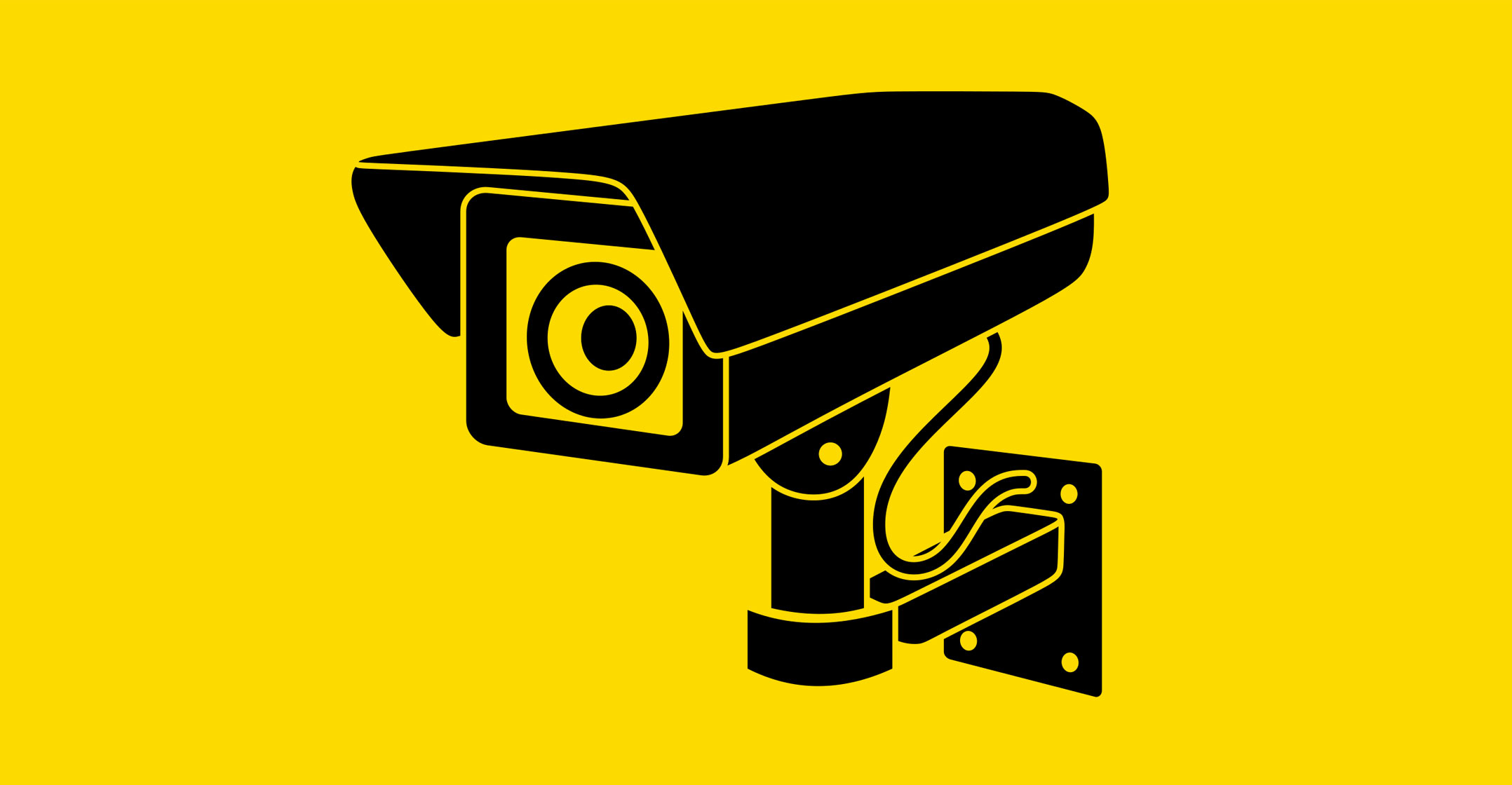 Veesion is a French software-as-a-service firm that uses AI-driven gesture detection software to identify suspicious behaviour by customers in retail shopping environments.
Veesion is a French software-as-a-service firm that uses AI-driven gesture detection software to identify suspicious behaviour by customers in retail shopping environments.
Having penetrated the French and neighbouring markets, Veesion (pronounced “vision”) expanded to the US, where it plans to open a third office to complement its Paris and Lisbon bases of operation.
The company views South Africa as a key emerging market and already serves 10 retail outlets in the country, including Spars, Pick n Pays and a few independent outfits.
“Shoplifting is such a pertinent problem all over the world that Veesion is now used in more than 25 countries in just four short years,” said Miguel Inocentes, account executive for South Africa at Veesion, in an interview. “We have now opened in South Africa and Brazil, and our emerging market portfolio is growing rapidly.”
Veesion’s solution works by plugging a computer-sized “server” into existing security camera systems, making any other changes to the system unnecessary. According to Inocentes, the deep-learning model works in three layers: the first identifies humans, the second identifies products on a shelf and the third looks for gestures and picks out those it classifies as suspicious.
The software creates an 8-20s gif of the suspicious activity and sends this to a Telegram group for the store – management can then make decisions on how to respond.
“We are currently partnered with Telegram, which provides end-to-end encryption for our notifications, but we are building our own app,” said Inocentes.
Shrinkage
Store owners and managers can use the analytical features provided by Veesion’s system to get a better idea of the value of stock they lose due to shoplifting, over and above reducing the number of successful incidents of theft. After an incident, management can input the type of items that would have been stolen and their value to get weekly, monthly and yearly accounts of how much shoplifting is contributing to shrinkage.
Over time, a picture of problematic products or regions of the store appears, giving management the opportunity to make decisions on layout changes that restrict and discourage would-be perpetrators.
Another benefit of using artificial intelligence is that it is free of biases associated with gender, age, race or any other physical characteristics that may blind staff to incidents of shoplifting in the store, Inocentes said.
Read: iStore warns public against stolen Apple products
“The sad reality is that 70% of the shoplifting that happens in stores is from local clients. It’s from people who come in every day or every week with a big smile at the entrance, so the staff and store owners never suspect them. They stole once and got away with it, so it becomes a habit.”
He said the cost of the software depends on how many cameras a store wants to monitor, but typically the solution costs around a third of what a security guard would cost. He did warn, however, that the system is not a replacement for physical security.
 “Instead of having, say, five security guards and three people in a monitoring station, you can now have two security guards along with our software feeding them real-time information so they can act more efficiently. Instead of trying to monitor a large region all at once, they can use alerts to go directly to problematic situations,” said Inocentes.
“Instead of having, say, five security guards and three people in a monitoring station, you can now have two security guards along with our software feeding them real-time information so they can act more efficiently. Instead of trying to monitor a large region all at once, they can use alerts to go directly to problematic situations,” said Inocentes.
Veesion’s founders, Thibault David, Damien Menigaux and Benoît Koenig, met while sharing a dorm at a French university. Their shared passion for AI and deep learning motivated them to start the research and development for their AI security software solution in 2018.
“It’s about more than preventing theft. The tool gives store owners the ability to see where their shrinkage is coming from, which is sometimes hard to detect,” said Inocentes. – © 2024 NewsCentral Media

